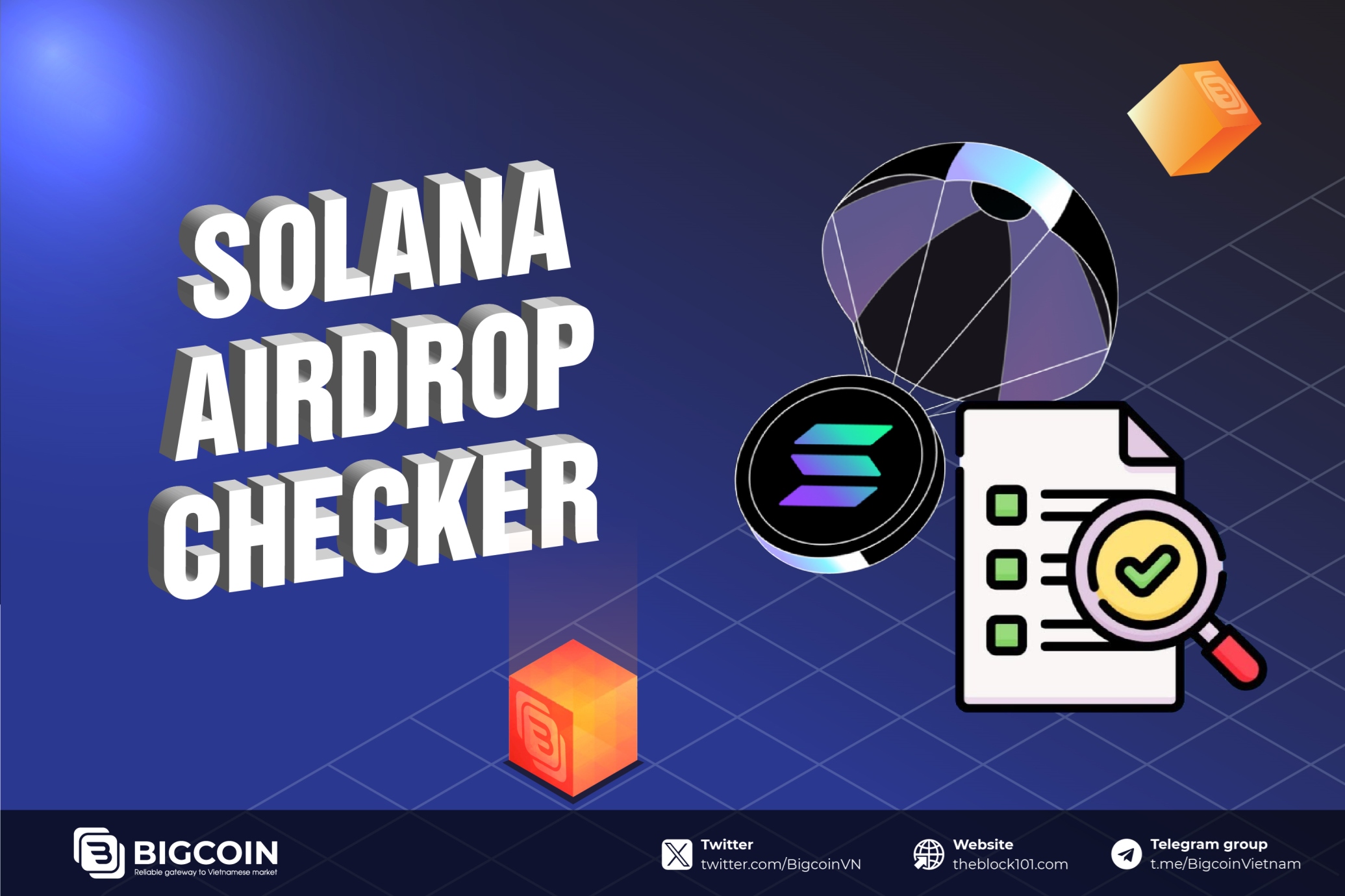1. What is a Cryptocurrency Wallet?

A cryptocurrency wallet is an essential tool that enables users to securely store, send, and receive digital currencies like Bitcoin, Ethereum and other cryptocurrencies. These wallets come in two main types: software-based and hardware-based, allowing you to choose according to your preferences for security and convenience.
Unlike a traditional wallet that holds physical cash, a crypto wallet stores the private and public keys required to interact with the blockchain. These keys are what give you access to your digital assets and allow you to carry out transactions.
It's crucial to remember the phrase "not your keys, not your coins," which highlights the importance of controlling your private keys. If you don’t control your keys, you don't have full control over your crypto holdings. Without a wallet, you wouldn't be able to manage or secure your keys and cryptocurrency assets.
2. What to consider when choosing a Wallet?

Before selecting a cryptocurrency wallet, it's important to consider the following factors:
-
Reputation: With the high incidence of scams and hacks in the crypto space, choosing a reputable wallet is critical for security.
-
Purpose: The best wallet for you depends on why you need one. Hot wallets (like MetaMask) are great for active trading or experimenting with decentralized applications, while cold wallets are more suited for long-term storage.
-
Supported Blockchains: Make sure the wallet supports the specific cryptocurrencies and blockchains you plan to use.
3. 10 Best Cryptocurrency Wallets
.jpg)
1. Coinbase Wallet

Coinbase Wallet is a user-friendly wallet that offers robust security features and supports over 100,000 digital assets. It works with ERC-20 tokens and EVM-compatible networks, making it versatile for most cryptocurrency transactions.
-
Advantages:
-
Supports a wide range of assets.
-
Two-factor authentication.
-
Integration with various exchanges and crypto platforms.
-
Drawbacks:
-
Limited compatibility (only available on mobile platforms and as a Chrome extension).
-
Security risks inherent in all hot wallets.
2. Crypto.com DeFi Wallet

Crypto.com DeFi Wallet is a great choice for those looking to store a large variety of coins and participate in decentralized finance (DeFi) activities. It supports over 250 coins and allows users to earn interest on their crypto holdings.
-
Advantages:
-
Multi-factor authentication.
-
Strong encryption and security features.
-
Access to various crypto investment platforms.
-
Drawbacks:
-
Loss of private key or access phrase results in complete loss of funds.
-
Geolocation restrictions on token swaps.
3. Trust Wallet
.png)
Trust Wallet is a versatile crypto wallet that supports a wide array of cryptocurrencies and tokens, allowing for seamless integration with exchanges and Web3 applications.
-
Advantages:
-
Support for popular coins and tokens.
-
Ability to earn investment interest.
-
Low entry threshold and multi-network operation.
-
Drawbacks:
-
Affiliated with Binance, which has restrictions in the United States.
4. MetaMask

MetaMask is one of the best wallets for Ethereum-based assets and is widely used for interacting with decentralized applications (dApps), including NFTs and crypto games.
-
Advantages:
-
Multi-platform support (mobile and browser-based).
-
Seamless integration with popular NFT platforms and dApps.
-
Easy to use and get started.
-
Drawbacks:
-
Transaction fees can be high depending on the network.
-
Does not support Bitcoin storage.
5. Electrum

Electrum is a lightweight wallet that has been around since 2011 and is tailored for Bitcoin users. It's known for its speed and advanced security features.
-
Advantages:
-
Fast setup and connection.
-
Advanced security features compared to other hot wallets.
-
Customizable transaction fees.
-
Drawbacks:
-
Limited token support (only Bitcoin).
-
Minimal customer support.
Electrum is ideal for Bitcoin miners and enthusiasts looking for a quick, reliable wallet.
6. Ledger

Ledger is one of the most reputable hardware wallets on the market, offering robust security and support for a wide range of cryptocurrencies. Priced at under $100, users can install up to 100 apps and easily conduct transactions through a dedicated app.
-
Advantages:
-
Strong support for most modern cryptocurrencies.
-
Features a specialized security chip to protect funds.
-
Drawbacks:
-
Relatively higher cost compared to software wallets.
-
The software is closed-source, which may raise concerns for some users.
7. Trezor

Trezor is another top contender in the hardware wallet space, known for its wide cryptocurrency support and compatibility with various hot wallets. It comes in different models to suit different user needs.
-
Advantages:
-
Multiple models with different features, offering flexibility.
-
User-friendly interface, making it accessible for beginners.
-
Drawbacks:
-
Higher cost for some models.
-
Limited capabilities for iOS device integration.
8. Ellipal Titan

Ellipal Titan is one of the most secure hardware wallets, designed to be entirely air-gapped (i.e., it has no communication modules). Transactions are completed using a camera and QR code scanner, ensuring top-tier security.
-
Advantages:
-
Extremely secure, as it operates without any internet connectivity.
-
Inaccessible to anyone other than the owner, even if lost.
-
Drawbacks:
-
Transaction processes can be more complex and time-consuming.
9. KeepKey

KeepKey is an affordable hardware wallet supporting around 7,200 cryptocurrencies. It offers robust protection through hardware encryption and is known for its ease of use, making it suitable for beginners.
-
Advantages:
-
Affordable with strong security features.
-
Easy-to-use interface, ideal for newcomers.
-
Drawbacks:
-
Supports fewer cryptocurrencies compared to other wallets.
10. SafePal

SafePal is a hybrid wallet that combines both cold and hot wallet features. It supports around 30,000 cryptocurrencies and is priced affordably, making it an attractive option for beginners and experienced traders alike.
-
Advantages:
-
Supports a vast number of cryptocurrencies.
-
Affordable pricing with versatile functionality.
-
Drawbacks:
-
Hybrid nature may not offer the same level of cold storage security as fully offline wallets.
4. Conclusion
In conclusion, selecting the appropriate cryptocurrency wallet is essential for anyone entering the world of digital assets. Whether you favor user-friendly software wallets such as Trust Wallet and Coinbase Wallet, or prioritize the enhanced security offered by hardware wallets like Ledger Nano X and Trezor Safe 5, it is important to choose a wallet that aligns with your specific requirements.
Each wallet provides distinct advantages, ranging from ease of use to robust security measures, allowing you to effectively store, manage, and safeguard your digital assets. Ultimately, the ideal wallet will offer a balance of convenience and security tailored to your individual cryptocurrency needs.
Read more:

 English
English Tiếng Việt
Tiếng Việt.png)
















